Human Rights Institute Distinguished Fellows
We are thrilled to announce the launch of our new Human Rights Institute Distinguished Fellows Program in 2023. Distinguished Fellows are senior human rights lawyers, academics, and activists who bring a wealth of diverse perspectives and experience to our team. They consult with faculty, attend courses and colloquia, guest lecture, and contribute to publications. We invite students to engage with our Distinguished Fellows during their time here and join us for our series of lunch & learns about their work and careers.
Meet our Distinguished Fellows:
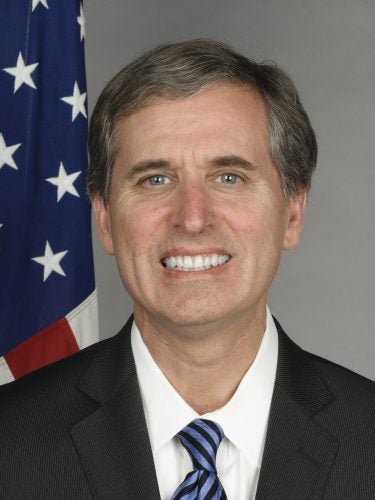
Scott Busby has spent more than 30 years working on human rights, refugee, and migration issues, serving in a variety of positions with the U.S. government and international organizations.
Scott has a distinguished career of public service in human rights. For the last decade, he has served as Deputy Assistant Secretary in the Bureau of Democracy, Human Rights and Labor at the U.S. Department of State, where he has overseen at various times the bureau’s work on the East Asia and the Pacific region, Africa, the Western Hemisphere, multilateral issues, business and human rights, labor issues, and human rights-based sanctions.
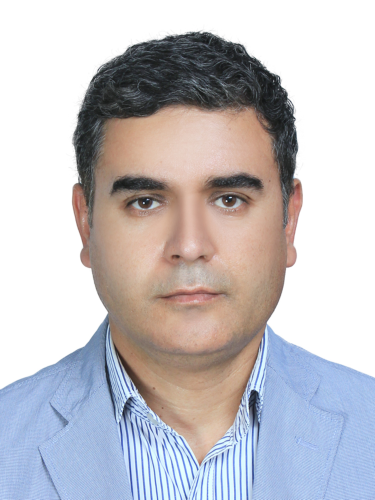
Hamayon Hamed has more than 15 years of experience teaching law and human rights at Kabul Public University and at several private universities in Afghanistan. He has also worked as a legal consultant with an international organization, led a legal aid non-governmental organization as its Executive Director, and served as Commissioner of the Afghanistan Anti-Corruption Commission (AACC). As a Distinguished Fellow with the Human Rights Institute, Hamayon will continue his research on violations of the rights of children by law enforcement officials in Afghanistan, as well as on corruption in legal aid service providers in Afghanistan.
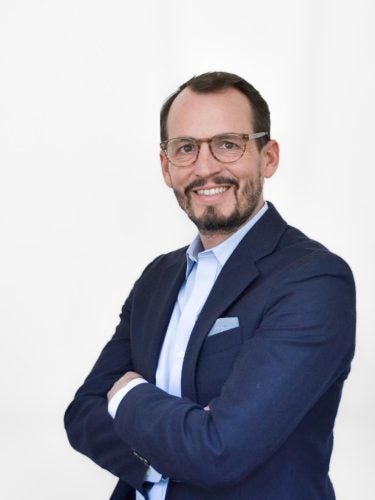
Wade McMullen is a human rights lawyer and organizational leader with nearly two decades of experience working in service of social justice movements across the United States, Latin America, and Africa.
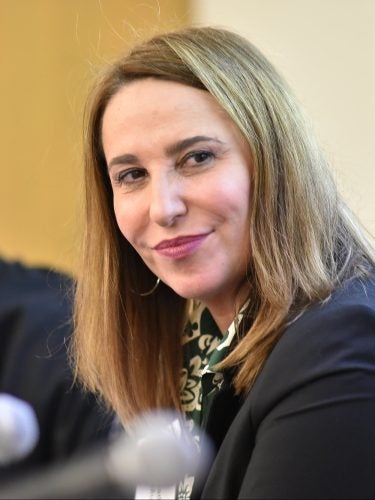
García Muñoz has a distinguished record of research, education, and advocacy on the rights of women, LGBTQ people, Afro descendent and indigenous communities, as well as extensive human rights experience in the European, Inter-American and United Nations systems. In 2017, she was elected as the first ever Special Rapporteur on Economic, Social, Cultural, and Environmental Rights for the Inter-American Commission on Human Rights (REDESCA), a position she held for six years.
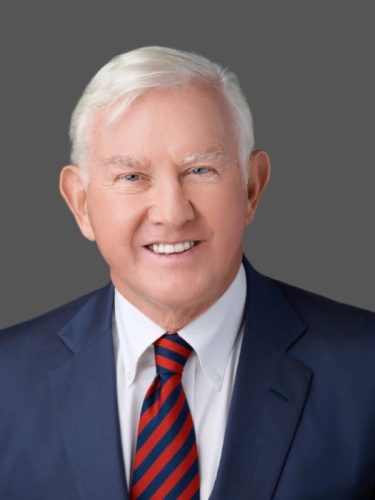
Bob Muse is a partner at Levy Firestone Muse LLP and one of Washington’s leading trial lawyers. A fixture of the D.C. legal community for many years, Bob has represented clients in some of the highest profile civil, criminal and congressional matters.
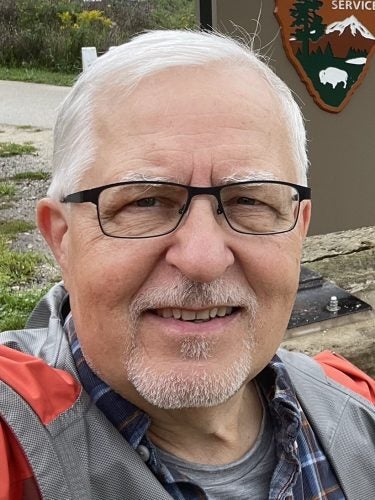
Stephen Rickard has worked to advance human rights in Washington for more than three decades in senior positions in the United States Senate, the State Department, as Washington director for Amnesty International USA, director of the RFK Human Rights Center and director of the Washington office of the Open Society Foundations.
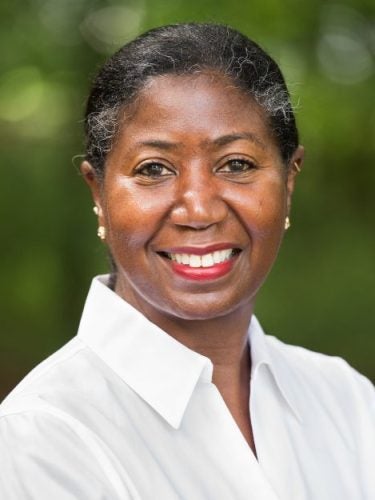
Diann Rust-Tierney is a national legal and legislative policy advocate with more than 40 years of experience developing, coordinating, and implementing policy and culture change to advance civil and human rights. She has led efforts to develop a coordinated state and federal strategy to reduce support for and end capital punishment in the US.
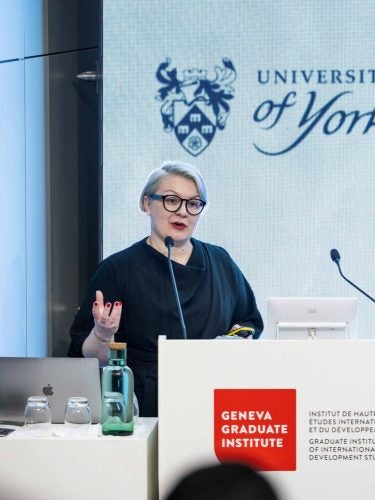
Dr. Ioana Cismas is the Co-Director of the Centre for Applied Human Rights and a Reader at the York Law School, University of York (UK). She teaches, researches, and provides legal and policy advice in public international law, human rights law, international humanitarian law, law and religion, and transitional justice. Her research explores through doctrinal, socio-legal, interdisciplinary, and empirical methods, the intersections between legal accountability and legitimacy in relation to a variety of state and non-state actors.
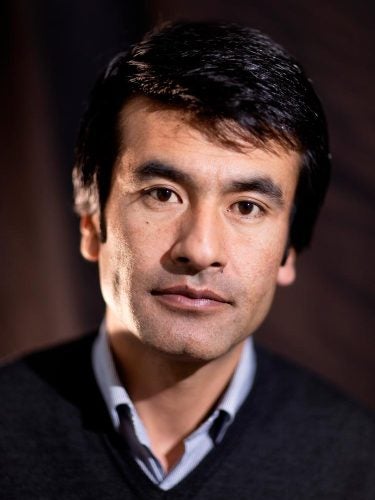
Jawad Dadgar has spent more than 14 years promoting and protecting international human rights and international humanitarian law in Afghanistan. Jawad has extensive experience conducting research, monitoring violations of international human rights and international humanitarian law, analyzing trends, and developing comprehensive strategies for human rights empowerment.
In 2021, Jawad was forced to flee Afghanistan after the Taliban takeover. He was evacuated to Denmark and then resettled in the United States, where he continues to monitor and document violations of human rights and international humanitarian law in Afghanistan.
